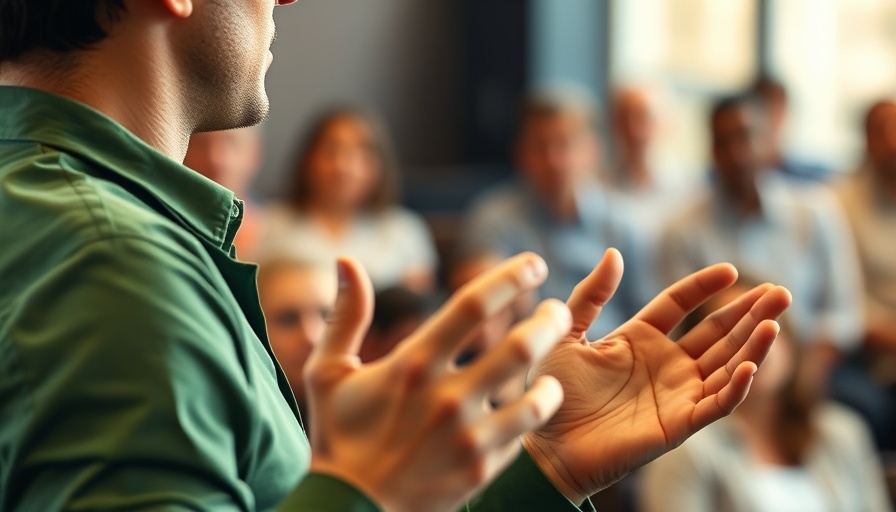
The Viral Impact of AI on Creative Styles
In a matter of hours, OpenAI's new GPT-4o image generator has not only taken the internet by storm but has also brought to the forefront the longstanding debate over copyright in the age of artificial intelligence. Within the first 24 hours of its launch, social media platforms erupted with user-generated content mimicking the beloved aesthetic of Studio Ghibli, with users transforming famous figures and scenes into whimsical animations reminiscent of classics like My Neighbor Totoro and Spirited Away.
The Copyright Concerns: What’s at Stake?
As these AI generators seamlessly recreate the visual styles of iconic studios, significant legal and ethical questions arise. Intellectual property expert Evan Brown stresses that while copyright law does not explicitly shield 'style', the methods by which AI models like GPT-4o learn could infringe upon artists' rights. If these tools have indeed been fed on copyrighted materials—such as Ghibli's art—it could expose OpenAI to legal repercussions from ongoing lawsuits initiated by The New York Times and other content creators, arguing against the unauthorized use of their creative works.
The Ripple Effect on Artists and AI Technology
The ripple effect of this technology extends beyond legal implications; it poses a profound question: How do we recognize and value the artistry that has inspired machine learning models? Creatives may feel threatened by this sudden ease with which their styles can be replicated, potentially diluting the uniqueness of their work. OpenAI claims to avoid mimicking individual artists’ styles, yet the risk remains that broader studio aesthetics might still lead to unintentional appropriation.
Where Do We Go From Here? Navigating the Future
As technology continues to advance, so too must our understanding of copyright and creativity. The looming question remains: Can generative AI coexist with traditional artistic practices without infringing on the rights of its human predecessors? Upcoming judicial decisions will likely shape the landscape of AI and copyright, determining how tools like the GPT-4o will be used—and perhaps adding new dimensions to the debate over originality and ownership.
As we navigate this new frontier, it is essential for both technology developers and artists to engage in dialogue that respects the integrity of creative expression while exploring the exciting potential that AI brings to the table.
 Add Row
Add Row  Add
Add 




 Add Row
Add Row  Add
Add 


Write A Comment